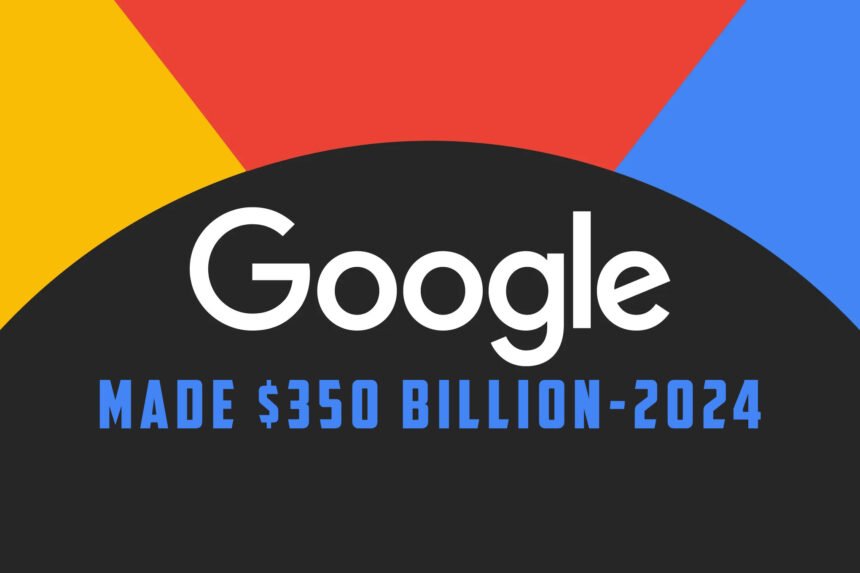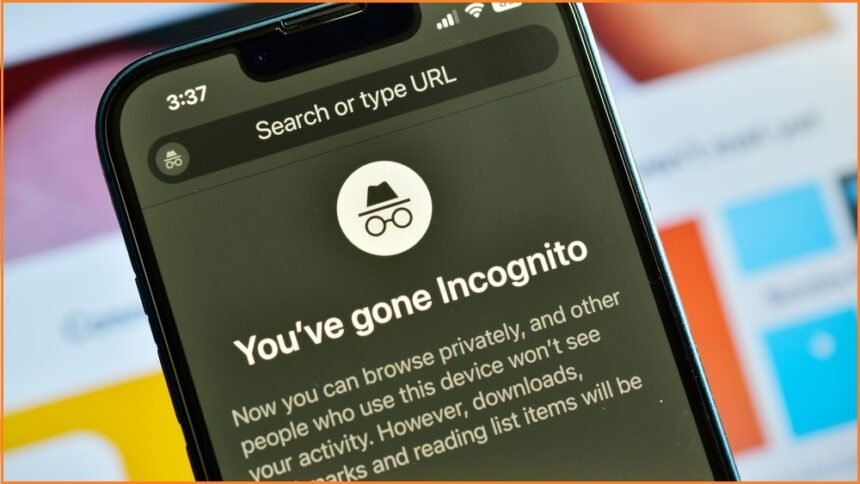With Android 14, Google wants to ensure that you, as a user, know better what happens to certain data. Google has made significant strides in this regard in recent years and is increasingly ensuring that you, as a user, are well-informed. Such adjustments are important in an online landscape full of advertisers.
By now, we know. The internet is full of advertisements, and underlying platforms do everything they can to steal your data. It also happens in apps that you use on your smartphone. In both cases, this happens invisibly, but you are not completely defenseless as a user.
Android 14 Provides Even More Insight
Nowadays, it is much easier to withdraw permissions from apps, so that information is no longer available. You can also work or play in privacy-friendly environments, with or without a detour. And via the privacy dashboard, you always see where you stand.
One area that advertisers often look for is your location. Based on that, they can show relevant ads about nearby businesses. Android 14 wants to point this out sharply, according to the first developer preview of the system. For example, when you permit that data for the first time.
What Do Apps Do With That Data?
Then a message explaining what such an advertising party does with your data appears. These may be shared with third parties. You will also see a link to the privacy options on your smartphone if you want to change something immediately. You may also end up on this Google help page.
Android 14 also provides a handy overview of apps that have recently shared your location data. You can see why they do that and possibly withdraw the permission. And if a policy change is noticed anywhere, Google will notify you of that too.
Only some people are fully aware of what it means for apps and sites to have access to this kind of data. That’s why it’s good to see Google making us more aware of this in the future. Hopefully, Google will take the same steps for the other permissions within Android.
History of Andorid
Android is a mobile operating system based on a modified version of the Linux kernel and other -open-source software. It is primarily designed for touchscreen mobile devices such as smartphones and tablets. Android is developed by Google and released under the Apache License.
The latest version of Android, as of my knowledge cutoff is Android 11. It was released in September 2020 and introduced several new features and improvements, including better notification management, improved privacy controls, and support for 5G connectivity.
Some of the key features of Android 11 include:-
1. Conversations: Android 11 makes it easier to manage your conversations by separating them from your other notifications and placing them in a dedicated space in your notification shade.
2. Bubbles: With Android 11, you can use bubbles to keep conversations in view and accessible while multitasking.
3. Screen recording: Android 11 includes a built-in screen recorder, making capturing and sharing your screen easier.
4. Smart home controls: Android 11 adds new functionality to the power menu, making it easier to control your smart home devices.
5. App permissions: Android 11 gives you more control over app permissions, allowing you to grant temporary access to things like your microphone or camera.
6. 5G support: Android 11 includes improved support for 5G Networks, making it easier to take advantage of the increased speeds and bandwidth.
Overall, Android 11 represents a significant update to the Android operating system, introducing a range of new features and improvements. While there is no information available on an Android 14 version as of my knowledge cut off, Google will likely continue to develop and improve the Android operating system in the future.













